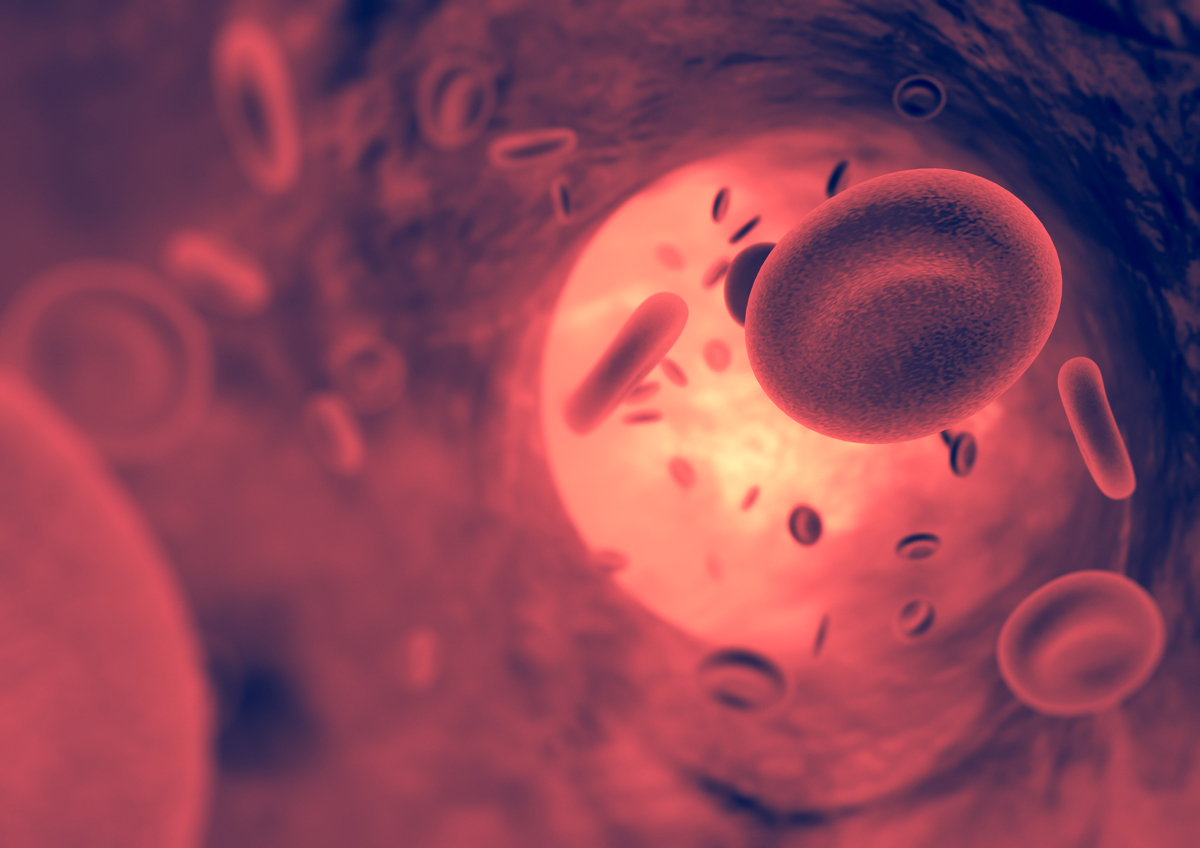The saying “It is in my blood” usually refers to character traits that are inborn or inherited and/or correspond to our “inner nature”.
Again and again, scientific findings in the field of genetics have been highly praised by the media – including a study from 2011 which assumed that women with blood group 0 have a two-fold greater risk of diminished ovarian reserve compared to women with blood group A or AB. Serum FSH level tests served as the basis for fertility assessment.
Does this mean that women with blood group 0 have to worry more about their family planning than women with non-0 blood groups?
In order to shed light on this question, we have conducted a retrospective single center study at the IVF Centers Prof. Zech – Salzburg involving 1889 IVF cycles that were analyzed with respect to blood groups and evaluated according to the different age groups (for more details on the respective study, click here). We did not investigate the serum hormone levels but the number of oocytes retrieved during follicular puncture, the mature oocytes (metaphase II oocytes) as well as the fertilization rate and the pregnancy rate. Study outcome:
Neither age group investigated – not even that of the older participants – showed a significant difference with respect to the various blood groups.
We must make it very clear, that a woman’s ovarian reserve declines with increasing age. However, ovarian reserve may vary considerably within similar age groups. The prognostic markers used to determine ovarian reserve – such as serum FSH and AMH levels – are therefore only of limited significance. Although the method of determining female fertility potential by means of ultrasound, which involves the identification of all follicles between 2 and 10 mm during the early follicular phase of the menstrual cycle (Antral Follicle Count=AFC), provides relatively meaningful results, it does not necessarily reflect the true fertility potential in terms of pregnancy outcome.
Our objective is to include as many parameters as possible in the evaluation of a couple’s chances of a successful pregnancy outcome. In this way, we are able to provide a much more accurate prognosis. Taking into consideration these parameters, we have compiled a new standard called EGP (Expected Gametes Performance). We are thus focusing on the resulting blastocysts, taking into account not only laboratory parameters, ultrasound findings and the number of oocytes, but also the stimulations protocol, IMSI results, the embryo culture method as well as the freezing technique etc.
Myths and Facts
To some publications myths do justice rather than sound scientific evidence. As regards the field of reproductive medicine, there is a wave of information from the Internet. The media focus is mostly on studies that seem to show particularly spectacular results, thus making a lasting impact in the minds of the readers. For the couples concerned it is often difficult to pick out pertinent facts from the flood of information confronting them.
“All that glisters is not gold”…
…could be the conclusion. Our findings do not show any evidence of a correlation between blood groups (as defined by the ABO system) and female reproductive capacity. The argument to the effect that women with blood group 0 are more likely to be faced with fertility problems than other women cannot therefore be considered as established facts but rather belong to the realm of myths.
← Home
→ Contact
















